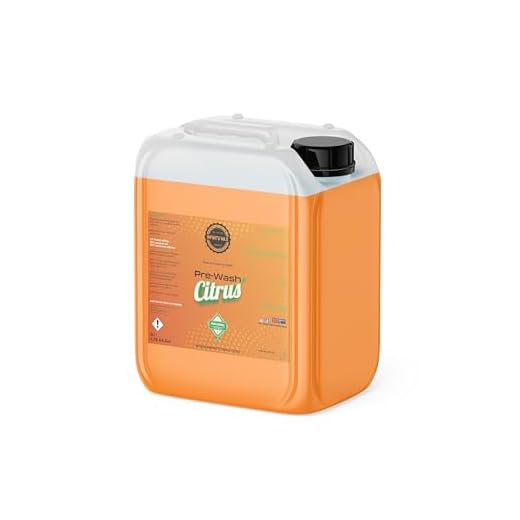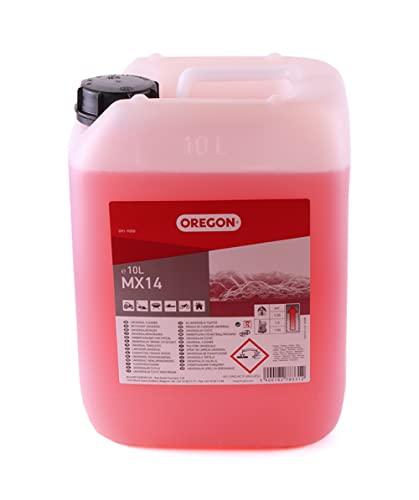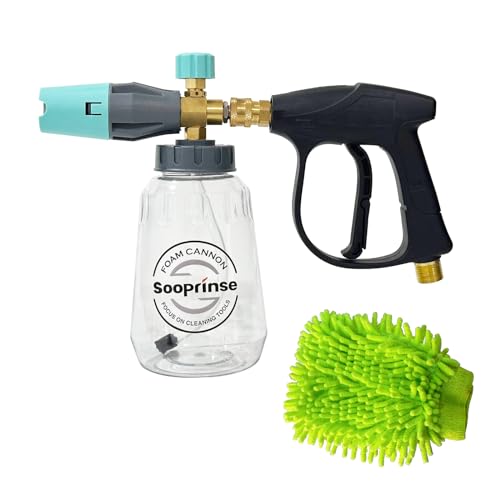



For best results, I highly recommend utilising a dedicated cleaning formula specifically designed for high-pressure cleaning equipment. These formulations typically contain surfactants that help break down grime and grease efficiently. One brand that consistently delivers solid performance is Karcher, renowned for their user-friendly products which ensure compatibility with various models.
When selecting a product, opt for biodegradable and eco-friendly options if sustainability is a concern. Brands like Simple Green and EcoSMART provide effective alternatives that are gentle on the environment while still achieving remarkable cleanliness.
In my experience, foaming agents can significantly enhance cleaning efficacy. A good foaming concentrate will allow for better adherence to vertical surfaces, ensuring dirt is loosened effectively before rinsing. It’s also advisable to check the manufacturer’s guidelines for your equipment to avoid any potential damage and ensure warranty compliance.
Recommended Cleaners for High-Pressure Equipment
For optimal cleaning performance, choose a detergent specifically formulated for high-pressure applications. These products effectively break down grime without damaging surfaces.
- Alkaline Cleaners: Ideal for heavy-duty tasks, such as removing oil and grease. They excel on concrete and metal surfaces.
- Acidic Solutions: Best for tackling rust and mineral deposits. Caution is advised when using on sensitive materials.
- Biodegradable Options: An eco-friendly choice that provides effective cleaning power while being safe for the environment.
When selecting a cleaner, always verify that it’s compatible with your equipment. Many manufacturers offer tailored products that ensure optimal results and maintain the longevity of the machine.
Read user reviews and test small amounts to confirm the effectiveness before making a large purchase. This helps to avoid unwanted reactions on different surfaces.
- Brand Recommendations:
- Kärcher – Known for its wide range of high-quality cleaning agents.
- Sun Joe – Offers effective biodegradable cleaners.
- Simpson – Provides strong formulations specifically for stubborn stains.
Proper dilution is crucial. Follow the manufacturer’s guidelines for mixing ratios to achieve maximum efficiency without risking damage to surfaces.
In conclusion, the right choice of cleaner significantly enhances the performance of your machinery, ensuring surfaces are left spotless and pristine.
Types of Solutions Suitable for Pressure Devices
Choosing the appropriate cleaning agent is crucial for optimal results. Here are the categories of formulas I recommend based on my extensive experience in the field.
1. General Purpose Formulas
Ideal for everyday cleaning tasks, these are safe for various surfaces including concrete, plastic, and some types of wood. They effectively remove dirt, grime, and light stains without harming the underlying material.
2. Heavy-Duty Agents
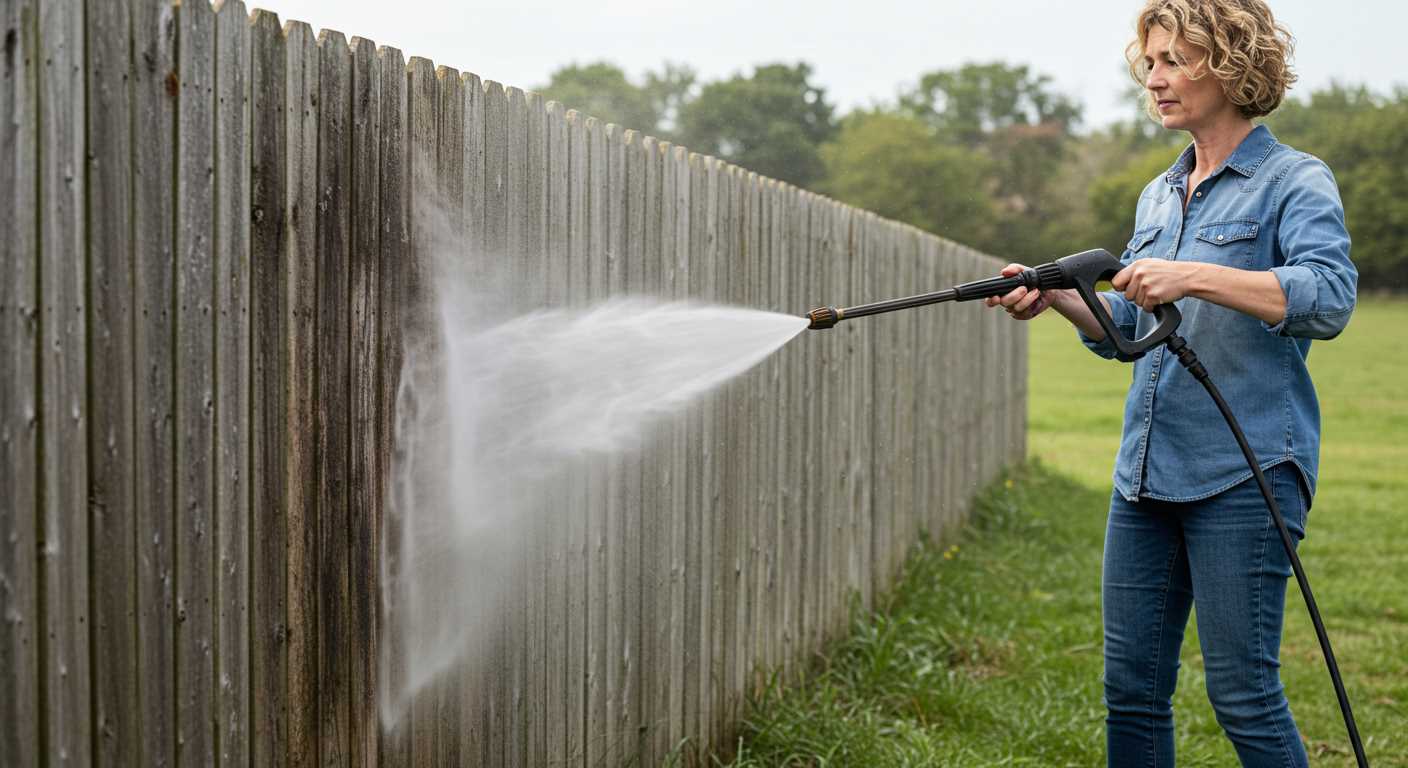
Designed to tackle tough stains, such as oil, grease, and mildew, these powerful solutions are perfect for industrial applications and stubborn household messes. Always check compatibility with your device to prevent any damage.
| Type | Application | Characteristics |
|---|---|---|
| General Purpose | Everyday cleaning | Safe for most surfaces |
| Heavy-Duty | Tough stains | Strong formulation |
| Eco-Friendly | Environmentally conscious cleaning | Biodegradable components |
| Specialty | Specific tasks (like car detailing) | Tailored formulas |
Selecting the right cleaning agent will not only enhance performance but also prolong the lifespan of your equipment. Always refer to manufacturer guidelines when in doubt about compatibility.
pH Levels to Consider When Choosing Soap
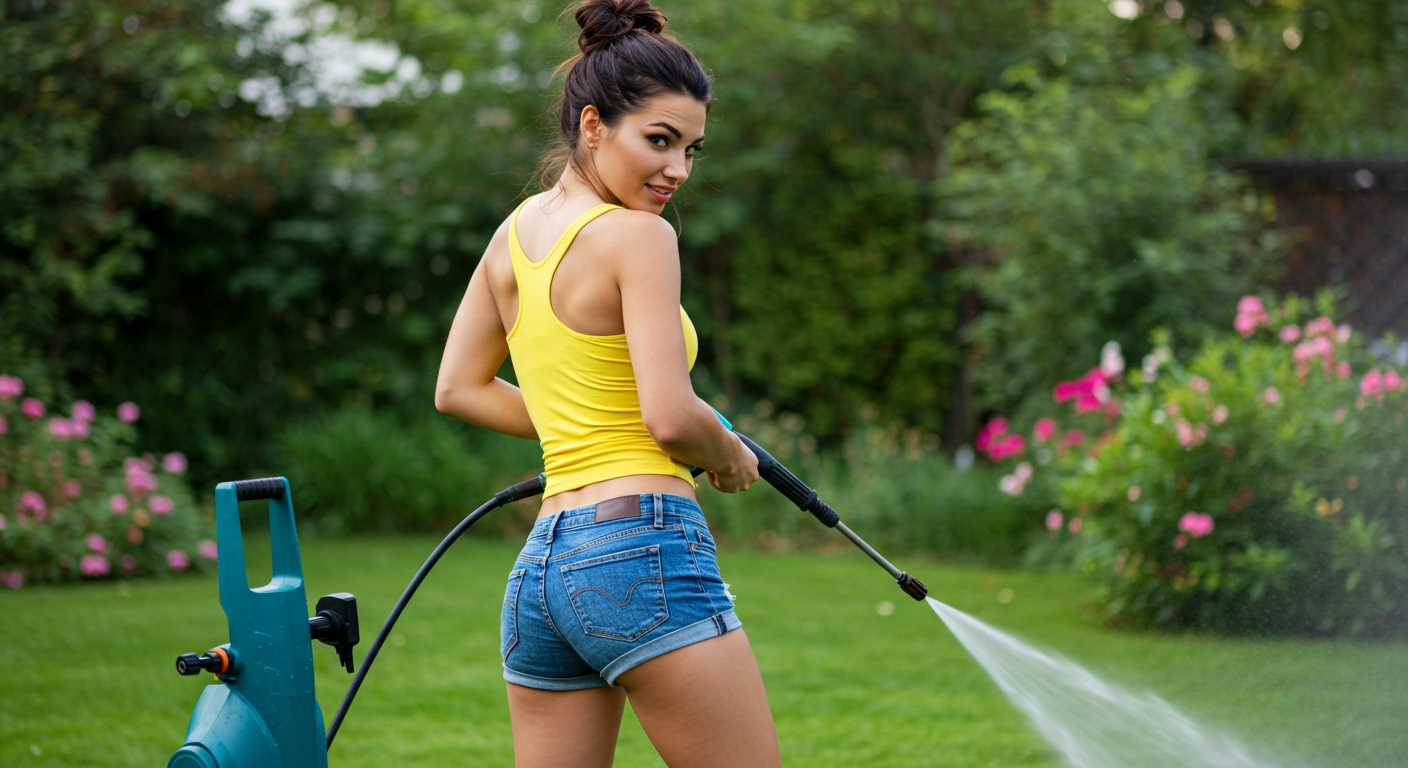
When selecting a cleaner for your equipment, pay attention to the pH level. Aim for options with a pH between 6 and 8 for safe operation. A neutral or slightly alkaline detergent effectively removes grime without risking damage to surfaces.
Understanding pH Impact
A cleaner’s pH can influence its performance and safety. Low pH levels indicate acidity, which can be harsh on materials like wood and some painted surfaces. High pH cleaners, while effective on grease and oil, may harm sensitive finishes. Knowing your surfaces helps in making the right choice.
Industry Recommendations
Many manufacturers recommend specific pH ranges for their products. If unsure, consult the labels or reach out to the manufacturer for guidance. This information ensures compatibility and protects both the equipment and the surfaces being cleaned, maintaining their appearance and longevity.
Determining the Right Soap for Different Surfaces
For optimal cleaning results, selecting the appropriate cleaning agent based on the surface type is crucial. Here’s a breakdown based on various materials encountered during cleaning tasks:
Concrete and Brick
- Heavy-duty cleaners designed for outdoor surfaces excel, breaking down grime and stains.
- Look for alkaline-based formulas that effectively remove oil and grease.
Wood
- Choose milder options to prevent damage. Readily available products for wooden surfaces are usually biodegradable and suitable for decks and fencing.
- Ensure a pH-neutral cleaner to avoid stripping the wood’s natural oils.
Glass
- Opt for solutions specifically formulated for glass to ensure streak-free results.
- These products typically contain surfactants that lift dirt without leaving residues.
Cars and Vehicles
- Use biodegradable and car-safe washing agents that emulsify dirt and road grime.
- Consider foam cannons with pH-balanced options to protect wax coatings on the vehicle.
Always verify compatibility with the manufacturer’s recommendations for each surface to avoid undesirable outcomes. Adapting the selected cleaning solution ensures not only efficiency but also surface integrity throughout the cleaning process.
How to Properly Dilute Pressure Washer Soap
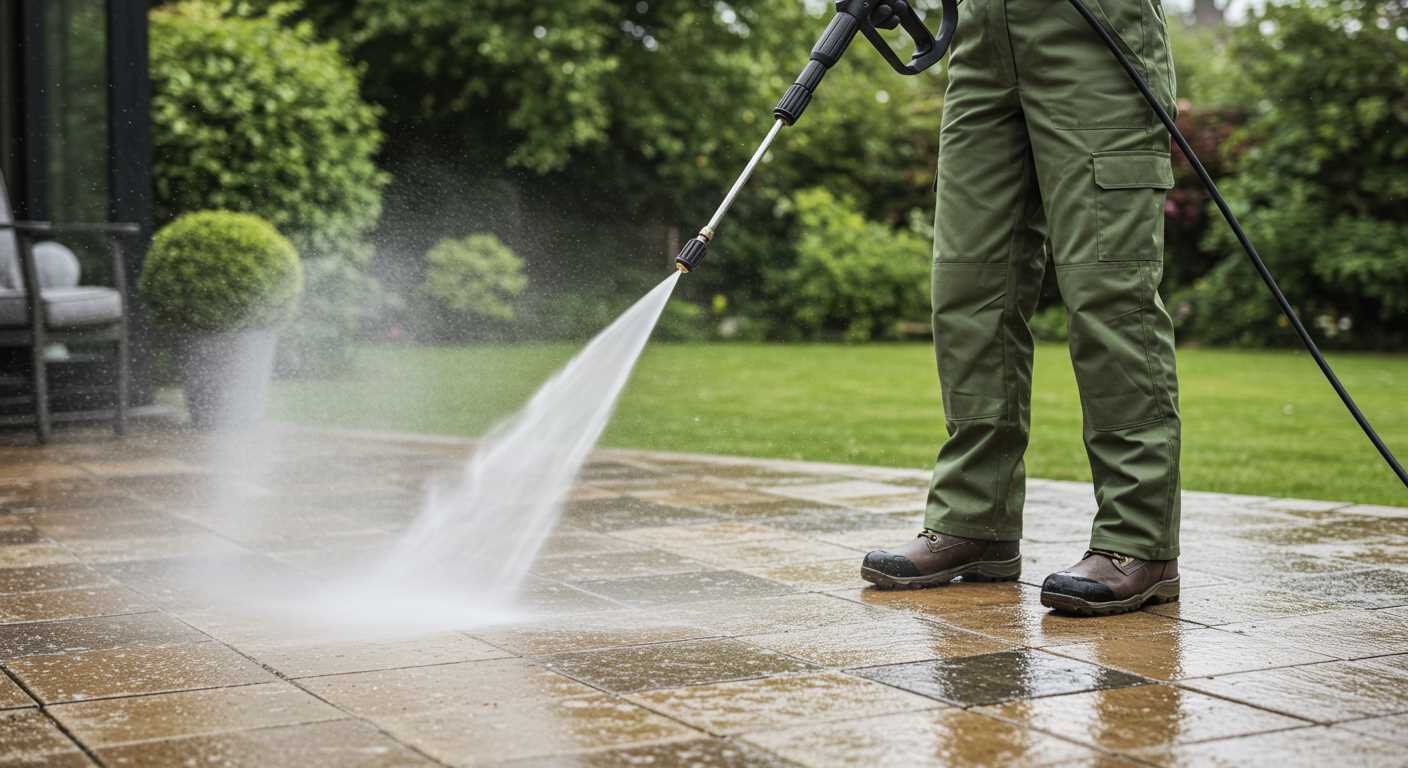
The ideal dilution ratio often depends on the brand, but a common guideline is to mix one part concentrate with four parts water. This achieves optimal performance without risking damage to surfaces.
Always consult the manufacturer’s instructions on the product label to confirm specific recommendations. When creating the mixture, it’s crucial to use a clean container to avoid cross-contamination from previous cleaning agents.
Utilising warm water can enhance the effectiveness of the cleaner, as it aids in breaking down tough grime. However, avoid boiling water, as excessive heat may compromise the integrity of the cleaning solution.
For accurate mixtures, a measuring cup or bottle with clear markings is beneficial. Consider using a funnel for easier transfer from the container to your detergent reservoir, preventing spills and waste.
After mixing, allow the solution to sit for a short while before applying it. This can enhance the cleaning capabilities, particularly for products designed to penetrate heavy stains or dirt.
Finally, performing a small patch test on an inconspicuous area before full application ensures compatibility with the surface, helping to prevent any adverse reactions.
Comparing Commercial vs. Homemade Cleaning Solutions
Homemade cleaning solutions often offer a cost-effective alternative to commercial products, frequently utilising basic ingredients like vinegar, baking soda, and dish detergent. They can effectively tackle light to moderate grime, making them a good choice for regular maintenance tasks.
Effectiveness and Environmental Impact
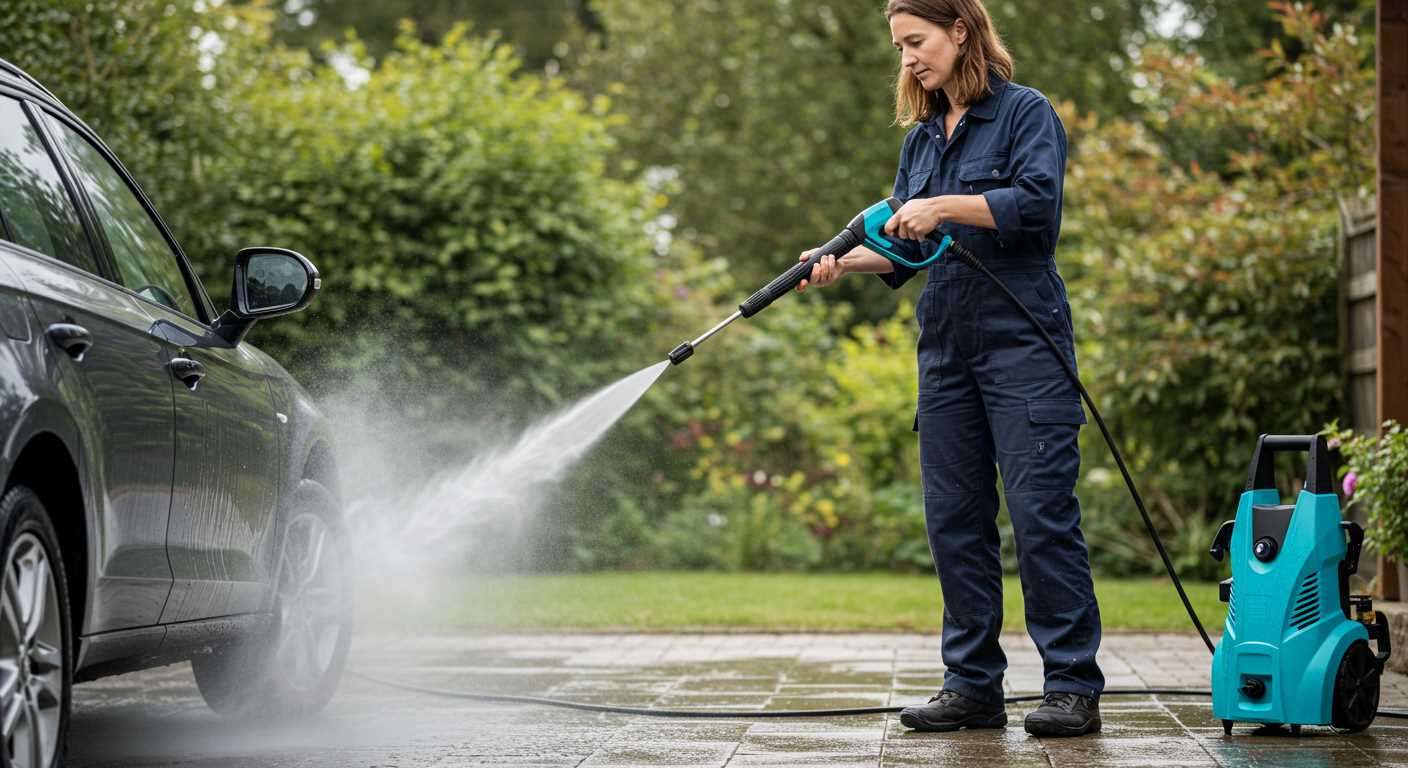
Commercial formulas typically contain powerful surfactants and specialised agents designed to remove tough stains and residues. Their concentrated nature means a little goes a long way, providing quicker results on challenging surfaces. However, many products can contain harmful chemicals that may pose a risk to the environment, which can be a significant consideration for eco-conscious users.
Convenience and Performance
Using a pre-mixed commercial cleaner saves time and effort; no need for experimentation with ratios or ingredients. These products are formulated to maintain compatibility with various machines, maximising performance and durability. Conversely, homemade solutions may vary in effectiveness. Achieving desired results often requires tweaking the recipe, a process that can be hit or miss.
In conclusion, the choice forms around a balance between convenience, effectiveness, and personal values, like environmental concerns and budget. Assessing needs and preferences will guide the decision on whether to opt for commercial solutions or to craft a homemade blend. Performing tests can provide insights into which option works best on specific jobs.
Common Mistakes When Using Cleaning Agents in High-Pressure Cleaners
One of the most frequent errors is using the wrong concentration. It’s easy to assume more means better, but this can damage surfaces and reduce cleaning effectiveness. Always follow the manufacturer’s instructions on dilution ratios.
Another mistake is neglecting to pre-test on inconspicuous areas. High-pressure cleaners can strip paint or harm delicate surfaces if the chosen agent is too harsh. Testing ensures compatibility and safety.
Failing to rinse adequately after application leads to residue buildup. This not only diminishes the appearance of the surface but may also cause long-term damage. Adequate rinsing prevents streaks and preserves the integrity of materials.
Using Incompatible Agents
Utilising a cleaning substance not designed for use with high-pressure equipment can result in equipment malfunction or even void warranties. Always select agents specifically formulated for high-performance machines.
One cannot overlook the surface type. Applying the same cleaner across various materials can cause problems like discolouration or degradation. Be sure to match the agent with the correct surface to maintain its condition.
Ignoring Safety Precautions
Overlooking protective gear is another common oversight. Always wear goggles and gloves to protect oneself from splashes, especially with concentrated formulas. Safety should be a priority to prevent accidents during the cleaning process.
Lastly, not considering environmental conditions can prove detrimental. Avoid cleaning on windy days or in direct sunlight, as this can cause agents to dry too quickly, leading to ineffective cleaning and potential damage.
Environmental Considerations for Pressure Washer Soap
Choose eco-friendly alternatives to ensure a minimal environmental impact. Biodegradable detergents are preferred, as they break down naturally and reduce harm to wildlife and ecosystems. Look for products labelled as safe for aquatic life, ensuring that runoff does not contaminate waterways.
Avoid harsh chemicals that can pollute soil and water sources. Ingredients such as phosphates and non-biodegradable surfactants can lead to nutrient pollution, fostering algae blooms that deplete oxygen in water bodies. Investigate the composition of any cleaning agent to confirm its ecological compatibility.
Consider dilution ratios carefully, as more concentrated mixtures can contribute to overspray and runoff. Opt for concentrated products that require less quantity per application. This reduces waste and environmental impact, allowing for effective cleaning without undue chemical use.
Practice responsible disposal of any leftover solutions. Do not pour unused mixtures down drains or on the ground, as they may seep into groundwater. Follow local guidelines for hazardous waste disposal to ensure safe handling of chemicals.
Timing matters; avoid washing during rainy weather to prevent runoff into storm drains. Select a day when the forecast predicts dry conditions to allow cleaners to adhere properly and minimise environmental contamination.
Support brands committed to sustainability and ethical practices. Research companies that prioritise environmentally-friendly formulations and transparent manufacturing processes. Your purchasing decisions can encourage positive change within the industry.
FAQ:
What type of soap is suitable for a pressure washer?
When selecting soap for a pressure washer, it’s important to use a detergent specifically designed for pressure washers. Common options include biodegradable soaps, which are environmentally friendly, and heavy-duty degreasers for tougher jobs. Always check the manufacturer’s recommendations for your pressure washer, as some models may only be compatible with certain types of detergents.
Can I use dish soap in my pressure washer?
It’s not advisable to use regular dish soap in a pressure washer. Dish soaps can create excessive suds, potentially causing damage to the machine or reducing its effectiveness. Instead, opt for a detergent formulated for pressure washers, which will work more efficiently without harming your equipment.
Will using the wrong soap damage my pressure washer?
Yes, using the wrong soap can cause issues such as clogged nozzles and reduced performance. Some soaps can corrode components or create excessive foam, which may lead to leaks or water damage. Always refer to your pressure washer’s manual to ensure you are using the correct detergent.
Are there eco-friendly soaps for pressure washers?
Yes, there are several eco-friendly soaps available for pressure washers. These products are formulated to break down naturally and minimise environmental impact. Look for options that are biodegradable and free from harmful chemicals. Many manufacturers offer eco-friendly detergents designed specifically for use in pressure washers.
How do I dilute soap for my pressure washer?
The dilution ratio for soap in a pressure washer can vary depending on the product and the manufacturer’s instructions. Generally, a ratio of 1 part soap to 10 parts water is a good starting point. However, it’s crucial to consult the detergent label for specific mixing instructions to achieve the best results without damaging your equipment.



